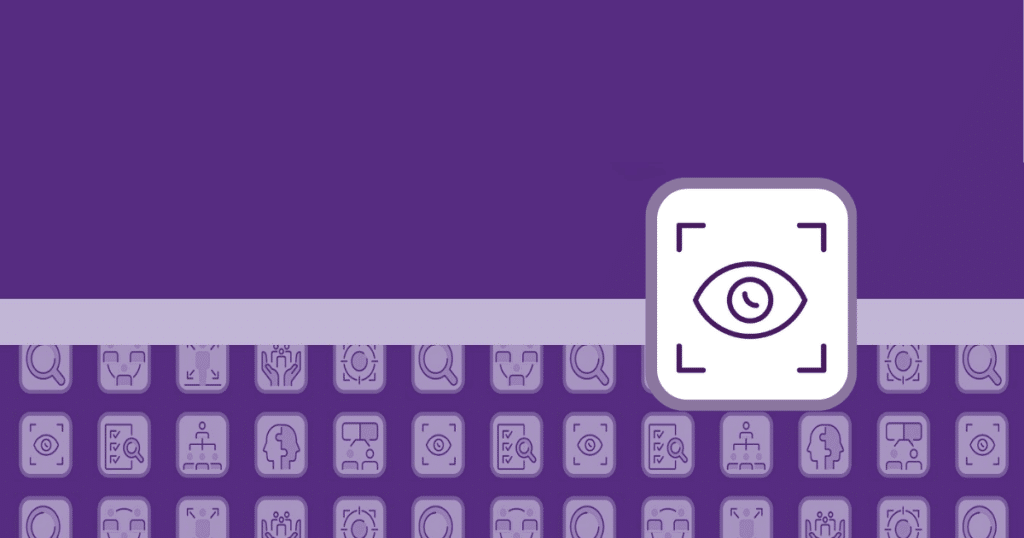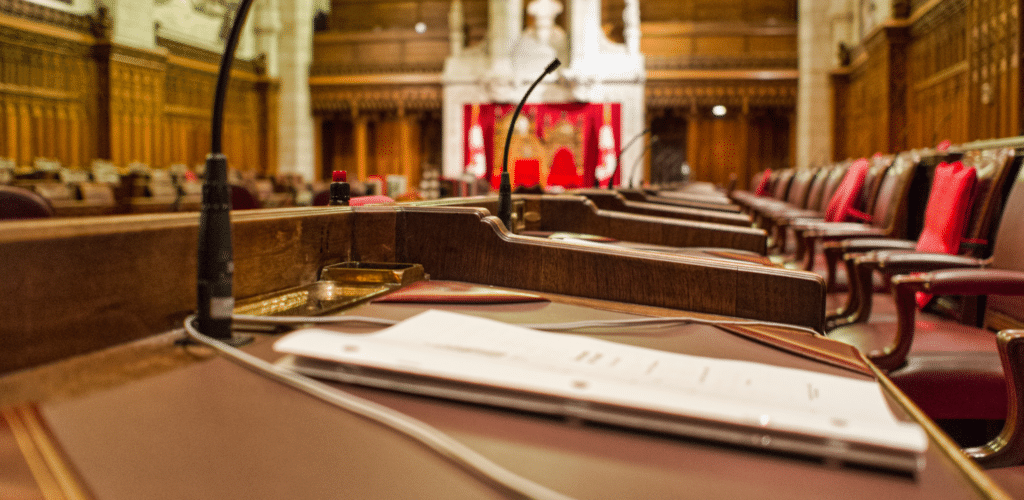BCCLA Reacts: BC Supreme Court rules in favor of transparency regarding the public’s right to access information under the Freedom of Information and Protection of Privacy Act
Vancouver, BC (Unceded Coast Salish Territories) – The BC Civil Liberties Association (BCCLA) welcomes the Supreme Court of British Columbia’s decision in British Columbia (Minister of Public Safety) v. British […]
Press Release: BCCLA urges immediate financial assistance for Persons with Disabilities while Canada Disability Benefit in limbo
(Xʷməθkʷəy̓əm (Musqueam), Sḵwx̱wú7mesh (Squamish) and səlilwətaɬ (Tsleil-Waututh)/Vancouver, B.C.) – The BC Civil Liberties Association (BCCLA) is calling on the federal government to provide desperately needed interim and retroactive financial assistance […]
Vancouver Park Board Must Halt Operations to Decamp CRAB Park Residents!
(Xʷməθkʷəy̓əm (Musqueam), Sḵwx̱wú7mesh (Squamish) and səlilwətaɬ (Tsleil-Waututh)/Vancouver, B.C.) – On Monday, February 26, 2024, the Vancouver Board of Parks and Recreation issued written notice to CRAB Park residents to leave […]
Protéger la vie privée des enfants et des jeunes en ligne (Sondage)
In English Vous avez entre 16 et 25 ans?Vous avez des opinions sur vos droits en matière de respect de la vie privée en ligne? La BCCLA participe au programme […]
Protecting Children and Youths’ Privacy Online (Survey)
En Français Are you a youth aged 16 – 25?Do you have opinions about your rights to privacy online? We are working with the Canadian Internet Registration Authority (CIRA) Net […]
The Arrest Handbook Series: Privacy, Phones, Protest & Police

When The Arrest Handbook was last updated in 2012, smartphones were still relatively new: the first iPhone had only been released 5 years prior, and carrying them was far from […]
Press Release: BCCLA at Ontario Court of Appeal to intervene in youth fight to hold Province accountable for breaching Charter rights on impacts of climate change
Toronto, ON (traditional territories of the Mississaugas of the Credit, the Anishnaabe, the Chippewa, the Haudenosaunee, and the Wendat peoples) – The BC Civil Liberties Association (BCCLA) will make oral […]
BC Court of Appeal calls on Residential Tenancy Branch to provide greater clarity on defining when the Residential Tenancy Act protects vulnerable residents
Vancouver, BC (Unceded Coast Salish Territories) – On Friday, January 5, 2024, the BC Court of Appeal (“BCCA”) released its decision in McNeil v. Elizabeth Fry Society of Greater Vancouver, […]
Bill C-20: Advocating for Effective Oversight of the CBSA and RCMP

Establishing an independent oversight mechanism for the CBSA is desperately required and long overdue. CBSA officers hold the authority of peace officers, granting them extensive powers such as search and […]
Press Release: BCCLA calls for investigation into police conduct and withdrawl of charges against Calgary protestor
Calgary, AB (Treaty 7 Territory and the traditional land of the Niitsitapi (Blackfoot), Ĩyãħé Nakoda, Tsuu T’ina and the Metis Nation in Region 3) – The BC Civil Liberties Association […]
